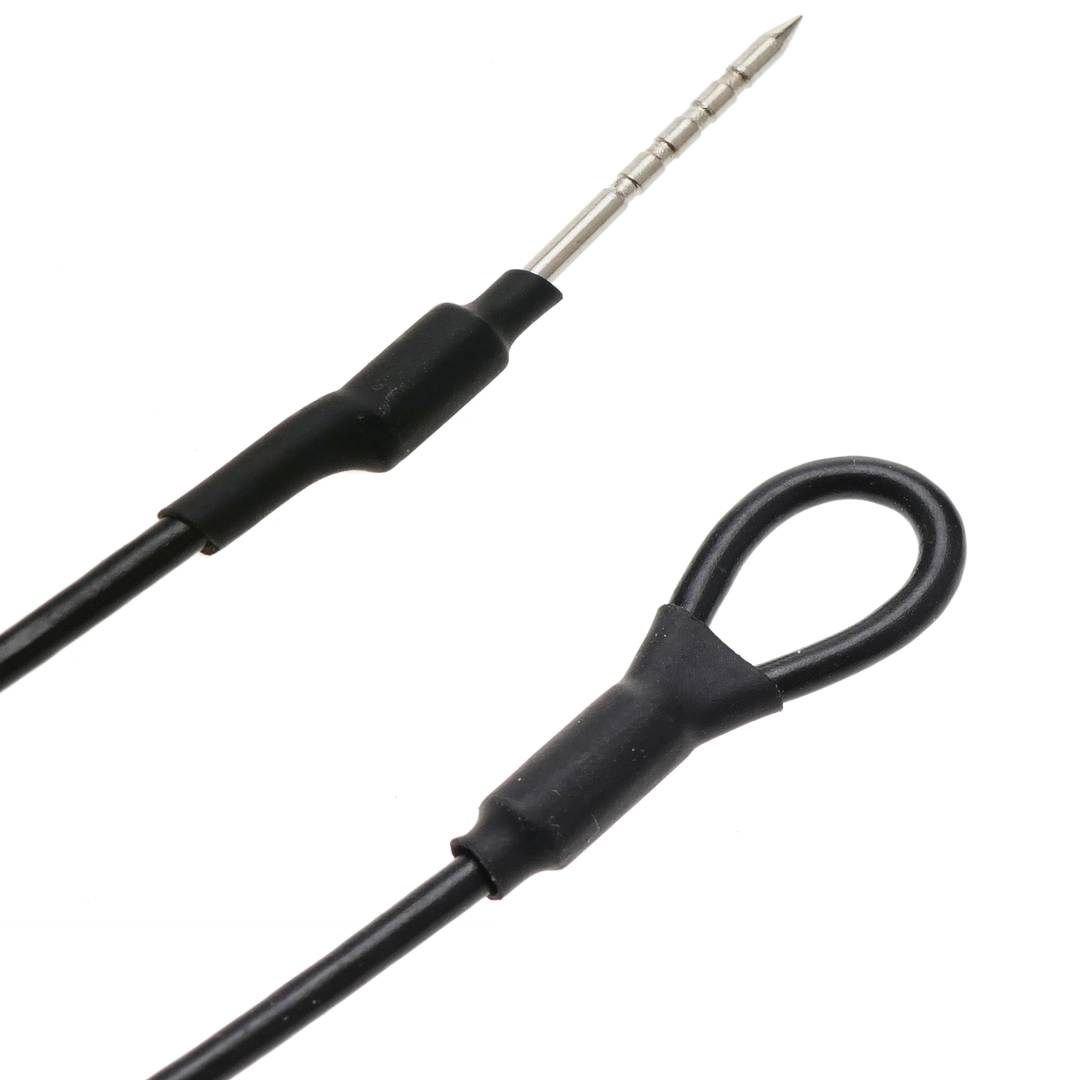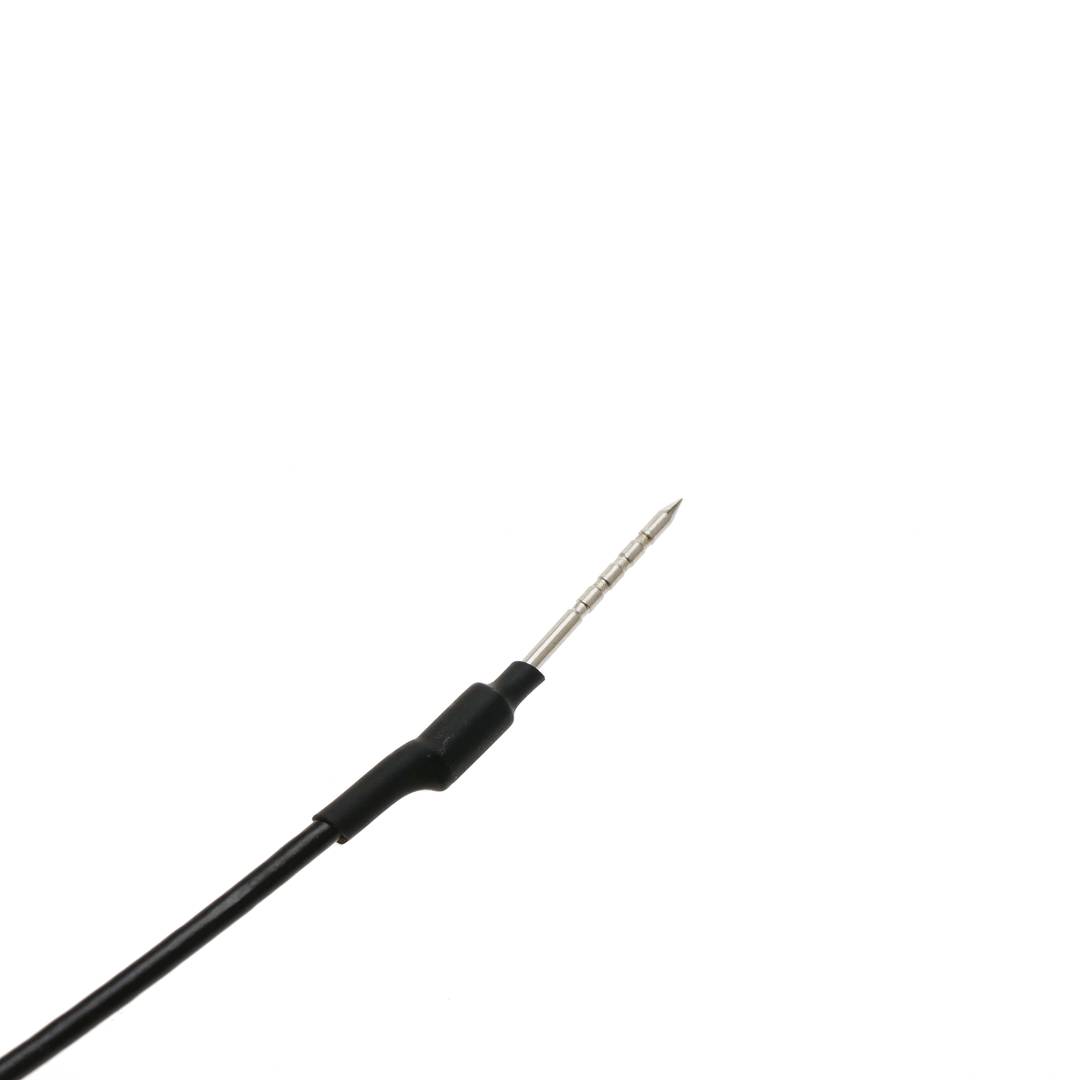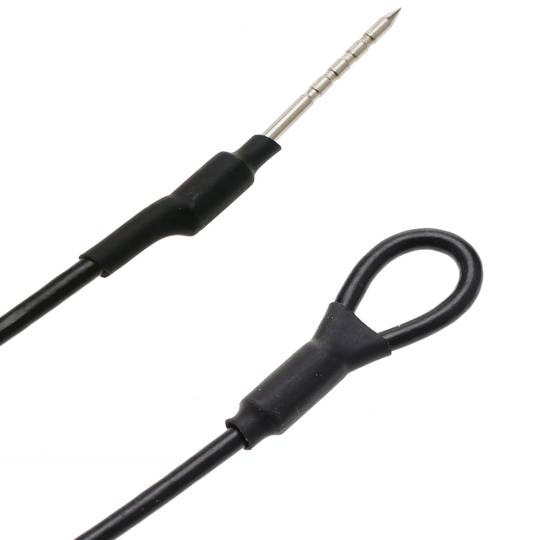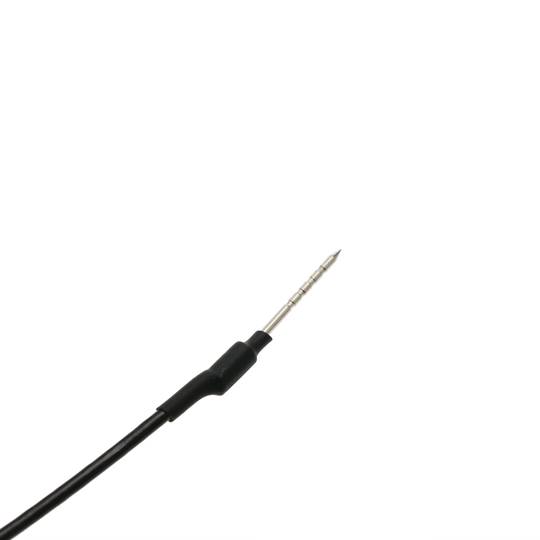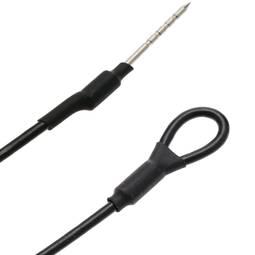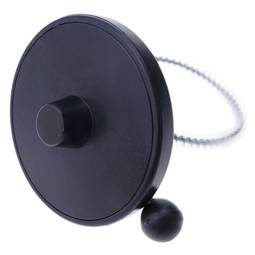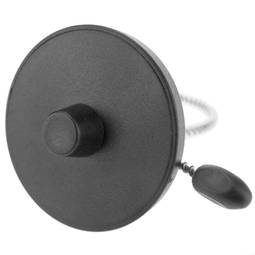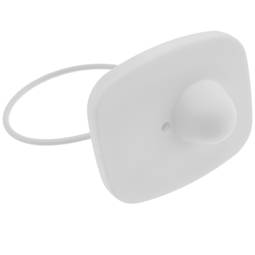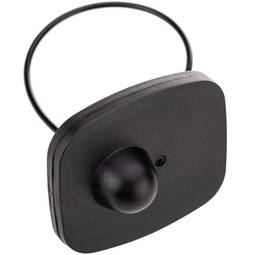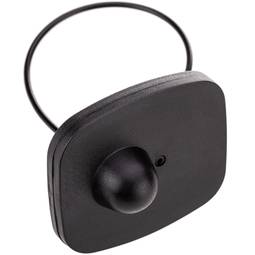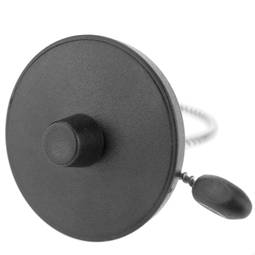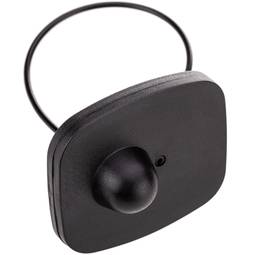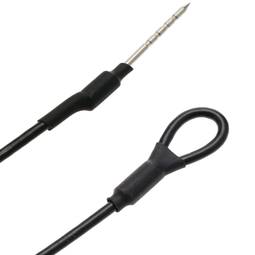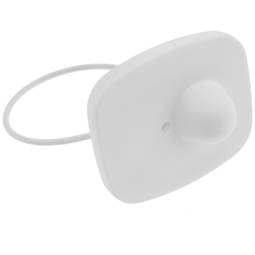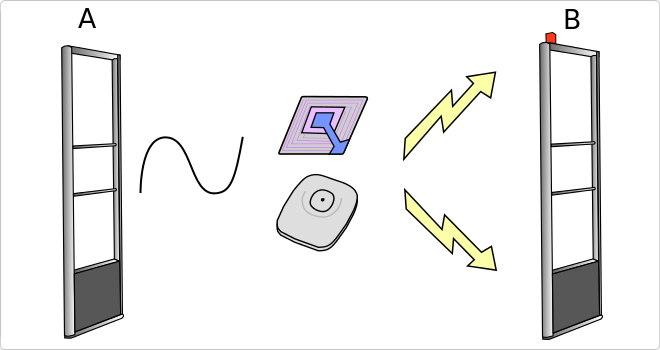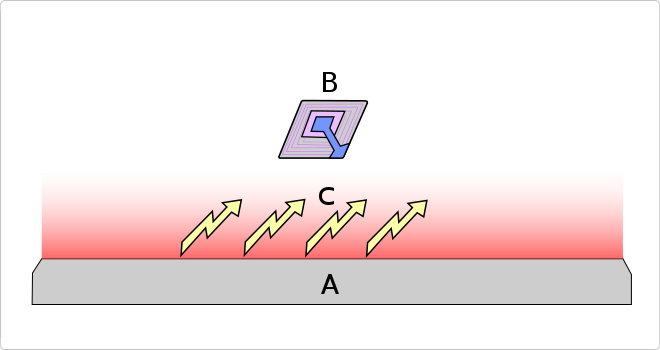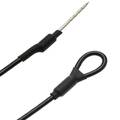07/06/2025 4:44 p.m.
http://cablematic.iskra.cat/en/products/lanyard-compatible-with-170mm-eas-rf-anti-theft-label-pack-of-10-units-XX094/
http://cablematic.iskra.cat/en/products/lanyard-compatible-with-170mm-eas-rf-anti-theft-label-pack-of-10-units-XX094/
Lanyard compatible with 170mm EAS RF anti-theft label pack of 10 units
REF: XX094
Specifications
- Lanyard or steel cable with loop, compatible with 8.2 MHz EAS RF anti-theft tag.
- Length: 170mm.
- Made of laminated black steel.
- At one end it has a loop through which the lanyard itself is passed.
- At the other end it has a metal tip or nail, to be attached to the anti-theft label.
PVP
€1.42
Price including VAT:
€1.75
PVD
€1.21
PVP: Retail price.
Check conditions.
PVP: Sale price to distributors.
Check conditions.
warranty
returns
safe
Specifications
- Lanyard or steel cable with loop, compatible with 8.2 MHz EAS RF anti-theft tag.
- Length: 170mm.
- Made of laminated black steel.
- At one end it has a loop through which the lanyard itself is passed.
- At the other end it has a metal tip or nail, to be attached to the anti-theft label.
Keywords
Did not find what you were looking for? These topic could help you
More info
Tie or lanyard compatible with an EAS RF tag. It is a plasticized steel cable, which has a loop on one end, and a tip or nail on the other end, to apply to the anti-theft tag. Ideal for protecting objects with perforations: footwear, clothing, etc.
Specifications
Specifications
- Lanyard or steel cable with loop, compatible with 8.2 MHz EAS RF anti-theft tag.
- Length: 170mm.
- Made of laminated black steel.
- At one end it has a loop through which the lanyard itself is passed.
- At the other end it has a metal tip or nail, to be attached to the anti-theft label.
- Pack of 10 units.
- Gross Weight: 20 g
- Number of packages: 1
Technical terms
- Hz
- EAS RF security systems
- EAS RF Deactivator
Hz
One hertz is one cycle per second, meaning repeating cycle as an event. For example, hertz is applied physics measuring the number of times for a second wave (either acoustic or electromagnetic) is repeated or can be applied, among other uses, to ocean waves that reach the Beach vibrations per second or a solid. The quantity that measures the frequency hertz is called,in this regard, the inverse of the period. One hertz is an oscillation frequency of suffering a particle over a period of one second.


